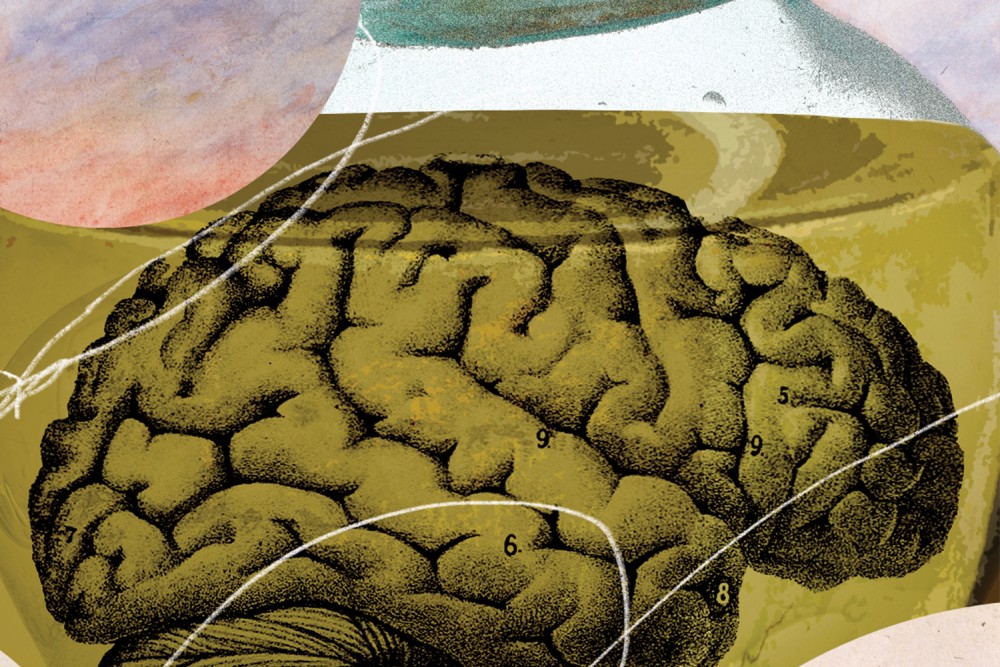The brine of Christianity
I don’t go to church anymore, but the faith I was pickled in still shapes me.

Century illustration
I was probably halfway through divinity school when I turned to my husband and said, “I think I have a very fundamentally Christian mind.”
My husband, raised in an almost completely secular home, looked over at me, eyebrows raised. “What on earth does that mean?”
I couldn’t really explain it then, instead gesturing to some weirdly strong reactions I had while learning about some early trinitarian heresies. But the thought lingered, and it came to the foreground again after a recent conversation with a friend. We were eating french fries in the park, catching up after some six years of distance—we had fallen out of touch after we graduated and I left New York, and we had gotten back in touch during a trip there. In the middle of dishing about our lives, work, and mutual friends, she asked how going to divinity school had changed my relationship to my faith. When I described myself as having been “pickled in Christianity” as a child and wanting to understand the brine a bit better, her eyes lit up in recognition.




